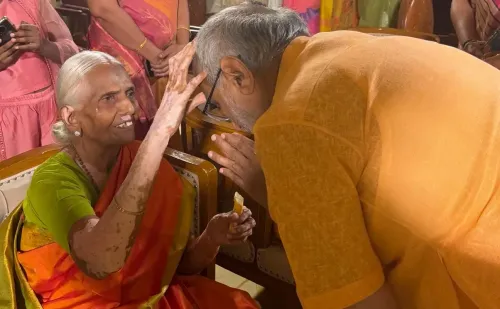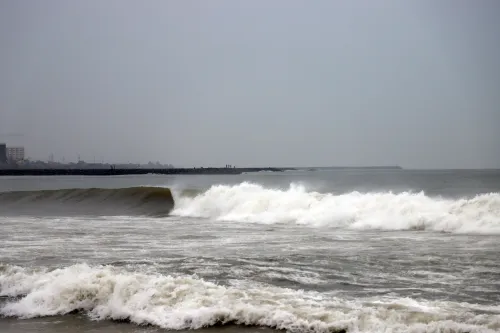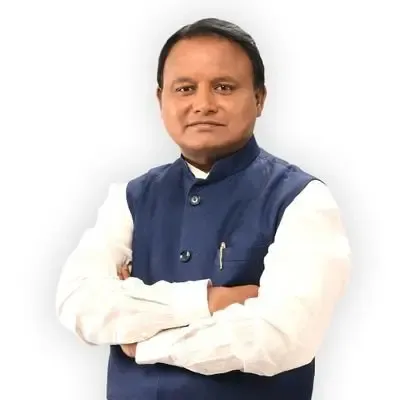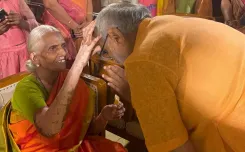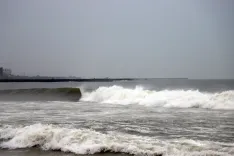Is Bangladesh Embracing Zakir Naik Nine Years After the Holey Artisan Attack?
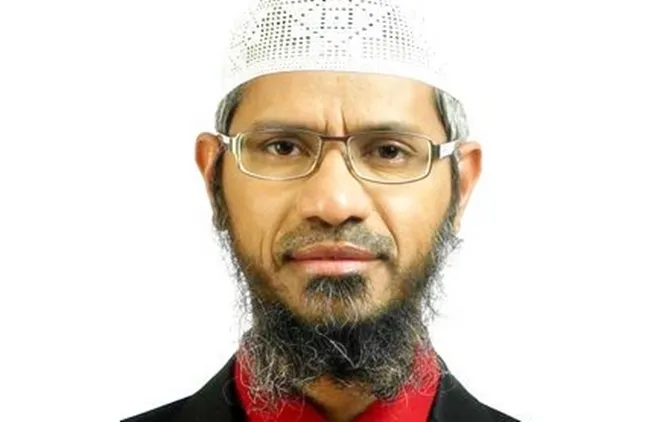
Synopsis
Key Takeaways
- Zakir Naik's visit marks a significant shift in Bangladesh's approach to radical figures.
- The welcoming of Naik raises concerns over the potential rise in radicalization.
- The Yunus government is perceived as increasingly influenced by extremist groups.
- Naik's history includes support for various terrorist organizations.
- His visit could strain Bangladesh's diplomatic relations with India.
New Delhi, Oct 27 (NationPress) In the aftermath of the 2016 Dhaka Holey Artisan Bakery terror attack, the government led by Sheikh Hasina had imposed a ban on Zakir Naik's Peace TV. This action was prompted by revelations that one of the attackers claimed to have been influenced by Naik's extremist rhetoric.
Now, under the leadership of Muhammad Yunus, the Bangladeshi government is preparing to welcome Naik with open arms. This shift indicates a worrying trend towards radicalization in the country following Sheikh Hasina's departure. The Yunus administration has sanctioned a month-long visit for Naik, scheduled from November 28 to December 20, during which he will tour various regions and deliver speeches.
Naik is notorious for his incendiary speeches that promote radical Islam and openly support various terrorist organizations. He remains a wanted figure in India, facing multiple charges from the National Investigation Agency (NIA) related to hate speech and incitement of communal discord.
This upcoming visit marks Naik's first trip to Bangladesh, occurring just a year after he received a similar reception in Pakistan. During his time there, he was welcomed by high-ranking officials and politicians.
Officials assert that Naik's stance is decidedly anti-India. While in India, his NGOs have been involved in numerous anti-India activities, and he has been implicated in forced conversion cases in Kerala, linked to the banned Popular Front of India (PFI).
Naik's impending visit comes as Indian agencies raise alarms over the increasing radicalization within Bangladesh. The Yunus government, regarded as a surrogate of the Jamaat-e-Islami, has released numerous terrorists and seemingly fostered an environment conducive to radicalism. They have also welcomed the ISI, which continues to execute anti-India operations from Bangladesh.
Analysts believe that Naik's visit is strategically planned. Throughout his month-long stay, he will likely promote his violent interpretations of Islam across various locales.
Should his previous experiences in Pakistan serve as any indication, he may also engage with leaders of terrorist factions. Notably, during the Pakistan trip, he met with key commanders of Lashkar-e-Taiba, all of whom have been designated as terrorists by the United States since 2008.
His itinerary in Bangladesh is expected to include meetings with leaders of numerous extremist groups, particularly the Harakat-ul-Jihad al-Islami (HuJI) and Jamaat-ul-Mujahideen Bangladesh (JMB).
These groups have been identified by the ISI as operatives for planned attacks in India. The ISI has dispatched senior operatives of Lashkar-e-Taiba and Jaish-e-Mohammad to train members of HuJI and JMB, further complicating the security landscape in the region.
Naik fled India shortly after the Dhaka attack in 2016. One of the attackers admitted to being motivated by Naik's YouTube speeches. Presently, he resides in Malaysia and has been denied entry into both Britain and Canada.
Through Peace TV, he promotes his radical interpretations of Islam and has launched channels in both Urdu and Bangla. Naik is infamously known for his controversial remarks, claiming, "If bin Laden is fighting the enemies of Islam, I am for him. If he is terrorizing America, the biggest terrorist, I am with him. Every Muslim should be a terrorist." He later claimed he was misquoted.

